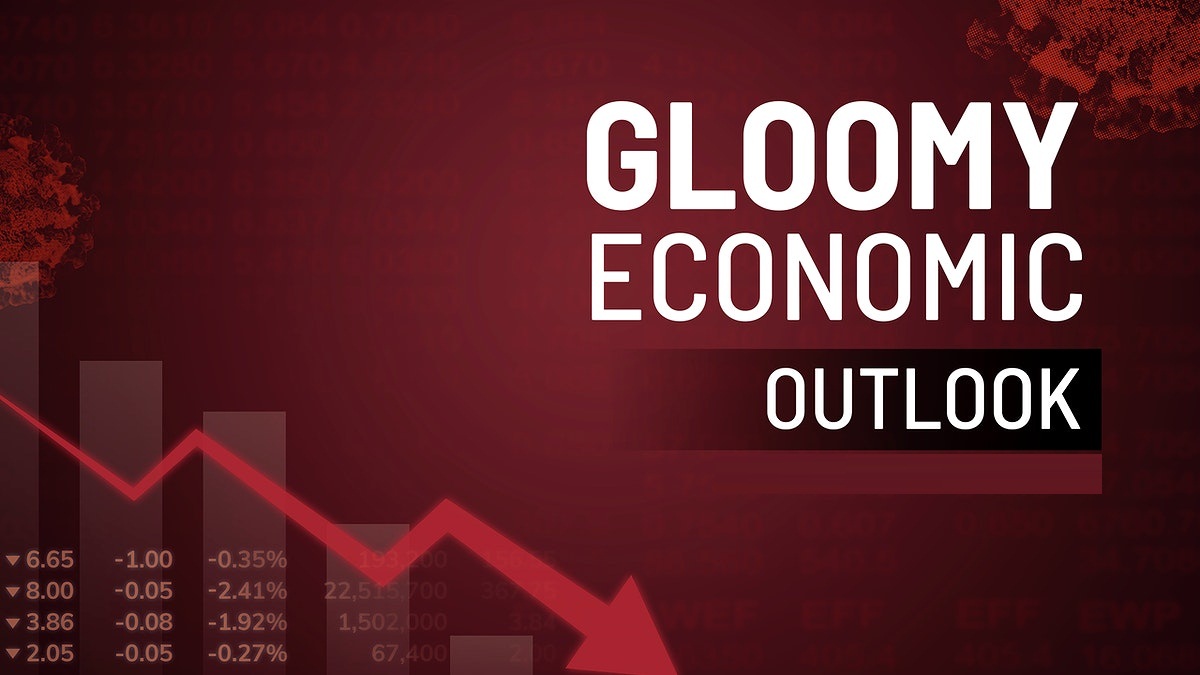
The already fragile economic situation is being exacerbated by the ongoing political uncertainty in the country as reports revealed the rupee breached the Rs185 mark for the first time ever on Tuesday. As a result of the turmoil, the currency lost its worth by more than 3 percent since March 8, when the no-confidence motion was submitted in the National Assembly.
According to reports, exchange companies are selling 99 percent of their foreign reserves in the interbank and the speculation surrounding the continuation of the IMF programme has further added to the concerns. The IMF however did clarify that once a new government is formed, it will continue its engagements regarding the programme.
It is important to note however that even in the absence of this political uncertainty, the fund programme had already hit a deadlock earlier this month when PM Khan announced a major relief package involving a tax amnesty scheme and energy price cuts. This was seen by the IMF as a reversal of agreed reform measures introduced in the mini-budget to revive the programme after months of virtual suspension.
Relations between the IMF and the PTI government were far from great during the three-and-half-year rule, and during this latest disagreement, the fund had strongly objected to the government’s justifications for the amnesty scheme and the financial impact and financing sources of the relief package.
Things appear bleak in other aspects as well as the trade deficit increased to $35.4 billion in July-March 2021-22. The growing deficit is taking a heavy toll on the foreign exchange reserves that are on a steep sliding path with not enough funds to cover two months of imports.
With foreign direct investment also suffering, and it is unlikely that there can be a quick fix for that, the depleting foreign reserves raise concerns about how we will meet our upcoming overseas debt repayments. The longer the country is held hostage by this ongoing political crisis, the more the economic outlook of the country will deteriorate and place further stress on the already burdened general populace.
Source: Published in The nation


